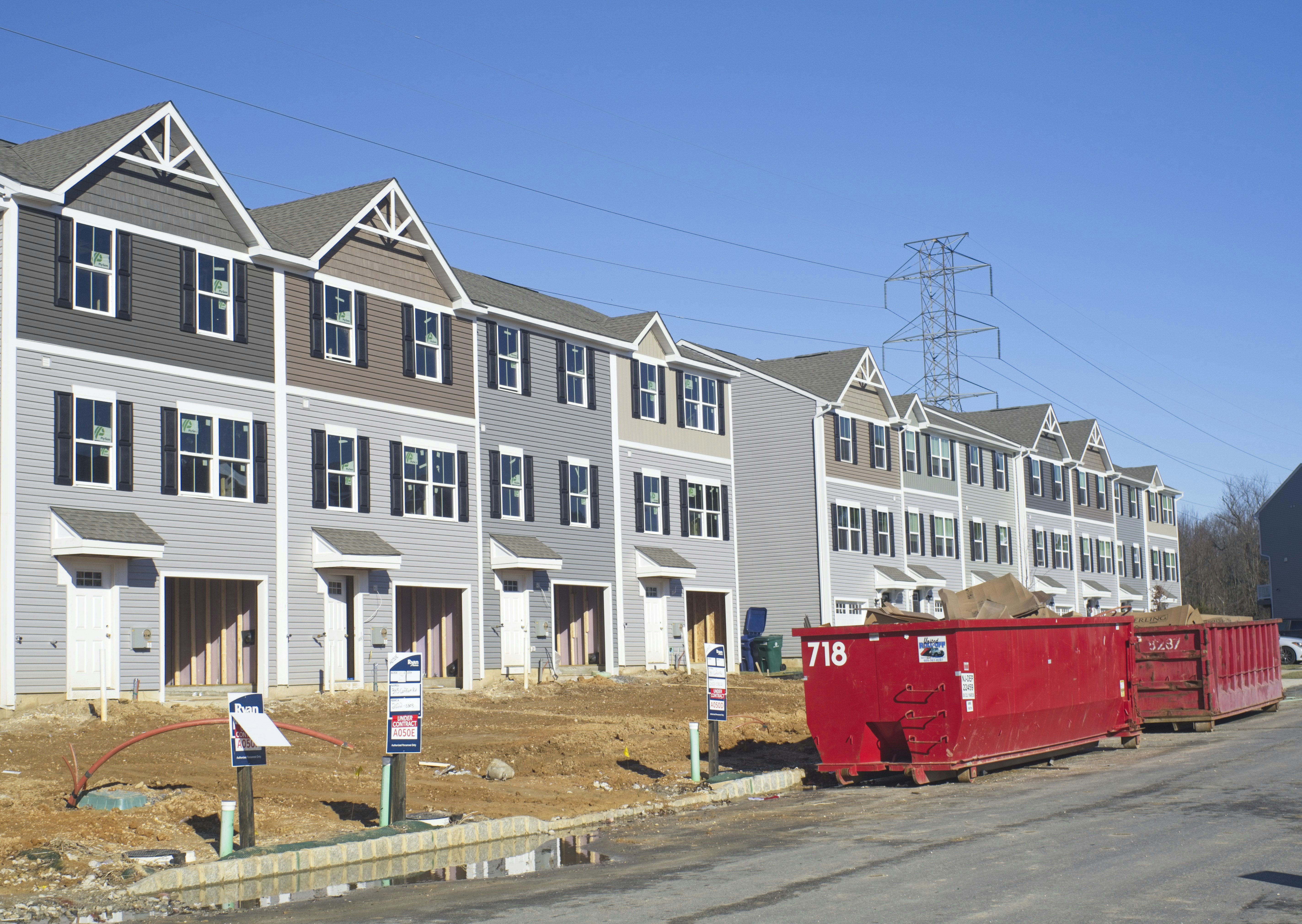Have you ever wondered how owning a home affects your net worth? As you navigate the maze of financial advice out there, understanding where real estate fits into your wealth-building strategy can be enlightening. Whether you’re a first-time homebuyer or an experienced property owner, this guide aims to shed light on the relationship between homeownership and net worth.
Understanding Net Worth
Before diving into homeownership, it’s important to grasp what net worth actually means. Your net worth is a simple snapshot of your financial health, calculated as the difference between what you own (assets) and what you owe (liabilities).
What Constitutes Your Assets?
Assets are everything you own that has positive economic value. This includes cash, stocks, bonds, retirement funds, and yes, real estate like your home. But let’s break this down a bit more:
-
Liquid Assets: These are your cash or cash-equivalents such as savings accounts and marketable securities that can be converted to cash quickly without impacting their value significantly.
-
Investment Assets: Here are mutual funds, stocks, bonds, and, for savvy investors, real estate properties other than your primary residence.
-
Tangible Assets: This is where your home comes in, among other valuable possessions like vehicles, jewelry, art, and collectibles.
What Constitutes Your Liabilities?
Liabilities are financial obligations you owe to others. Common liabilities include:
-
Mortgages: These are loans you’ve taken out to purchase your property. They often form the bulk of liabilities for homeowners.
-
Credit Card Debt: Balances on your credit cards are considered short-term liabilities.
-
Student Loans and Auto Loans: Long-term financial obligations also count as liabilities against your net worth.

This image is property of pixabay.com.
Homeownership and Net Worth
Now, let’s answer the question you might be pondering: Does owning a home count toward net worth? Absolutely. In fact, for many, a home is one of the largest tangible assets owned.
How Does Home Equity Impact Your Net Worth?
Home equity is fundamentally the market value of your home minus the remaining balance on your mortgage. As you pay down your mortgage over time, your home’s equity—and thus your net worth—increases.
Building Equity Over Time
Homeownership is a long-term investment. Initially, a significant portion of your mortgage payments goes towards interest, but over time, as you continue to pay down your mortgage, more of your payment contributes to your equity. Let’s visualize how this works:
| Year | Monthly Payment | Interest Paid | Principal Paid | Equity Growth |
|---|---|---|---|---|
| Year 1 | $1,500 | $1,000 | $500 | $500 |
| Year 10 | $1,500 | $500 | $1,000 | $1,000 |
| Year 20 | $1,500 | $300 | $1,200 | $1,200 |
The table illustrates how over time, you pay less in interest and more toward your principal, thereby increasing your equity and your net worth.
Market Appreciation
Beyond building equity by paying off your mortgage, homeownership provides the advantage of potential market appreciation. If the housing market in your area grows, the value of your property can increase, further boosting your net worth.
Scenario Analysis
Imagine you bought a home for $200,000. Over the next decade, if your local housing market appreciates at an average of 3% per year, the value of your home would increase to approximately $268,783. This increase in value directly impacts your net worth positively.
This image is property of images.unsplash.com.
Renting vs. Buying: Long-term Wealth Impact
Owning a home is a significant financial decision, often compared to renting. Both paths have pros and cons, but when it comes to influencing your net worth, ownership tends to have a different trajectory compared to renting.
Comparing Net Worth Growth
Let’s assume you allocate identical monthly amounts to either renting or owning. Here’s how each scenario might play out over a number of years:
| Aspect | Renting | Owning |
|---|---|---|
| Monthly Cost | Rent Payment | Mortgage Payment |
| Equity Build-Up | None | Gradual, increases with each payment |
| Home Value Change | Renter bears no benefit of market | Market appreciation adds to net worth |
While renters may avoid certain costs associated with ownership, such as repair and maintenance, they also do not benefit from equity accumulation or property appreciation.
Opportunity Cost of Renting
Choosing to rent might free up capital for other investments. Ideally, any savings from renting should be invested wisely. However, this requires discipline that many may find challenging. Homeownership inadvertently forces a sort of savings plan through equity accumulation, which can contribute positively to long-term wealth building.
This image is property of images.unsplash.com.
The Financial Obligations of Home Ownership
Though owning a home can enhance your net worth, it comes with its own set of financial responsibilities. Understanding these can help you prepare for the full cost and avoid surprises down the line.
Upfront Costs
Purchasing a home involves costs upfront that do not contribute to net worth but are vital to acquiring the property.
-
Down Payment: Commonly, this is between 3% to 20% of the home’s purchase price.
-
Closing Costs: Legal fees, inspection fees, surveys, and taxes often total 2% to 5% of the home’s price.
Ongoing Costs
Post-purchase, owning a home entails regular financial commitments, including:
-
Mortgage Payments: Monthly payments that gradually build your equity.
-
Property Taxes: Typically calculated as a percentage of your property’s assessed value.
-
Home Insurance: This protection against risks and losses is essential.
-
Maintenance and Repairs: Unlike renters, homeowners must factor in costs for ongoing maintenance and unexpected repairs.
Understanding and planning for these obligations ensures your investment in homeownership maintains its positive impact on your net worth.
When Homeownership Might Not Positively Impact Net Worth
Certain scenarios could potentially diminish the positive effects of homeownership on your net worth. Consider the following aspects:
-
Market Volatility: If property values in your area decline significantly, your net worth could take a hit.
-
High-Interest Loans: If you’ve secured a mortgage with unfavorably high interest rates, more of your payments go toward interest rather than principal, slowing your equity growth.
-
Over-leveraging: Taking on too large of a mortgage can strain your finances and limit funds available for other investments.

Strategic Homeownership
Approaching homeownership strategically can further optimize the impact on your net worth. It’s not just about buying a home—it’s about investing wisely.
Choosing the Right Property
Opt for properties with strong market growth potential. Factors to consider include:
-
Location: Proximity to schools, work, and amenities can bolster property value.
-
Market Timing: Purchasing during a buyer’s market can lead to a better price with more room for appreciation.
-
Property Size and Type: Align your purchase with current trends and future needs to increase demand.
Mortgage Management
Your choice of a mortgage can largely impact how favorably homeownership influences your net worth. Consider these strategies:
-
Fixed vs. Adjustable Rates: Fixed-rate mortgages offer stability, while adjustable rates might attract with lower initial payments.
-
Accelerated Payments: Making extra payments towards your principal can reduce your loan term and interest payments, enhancing equity growth.

This image is property of pixabay.com.
Conclusion
Owning a home can be a powerful vehicle for building net worth, offering dual benefits through equity accrual and market appreciation. However, it’s essential to approach homeownership with a clear understanding of both the responsibilities and the strategic opportunities. By managing your mortgage wisely, selecting the right property, and being conscious of market dynamics, you can ensure your home is not just a place to live but a significant contributor to your financial legacy. Wouldn’t it be great to make your living space a cornerstone of your wealth?

